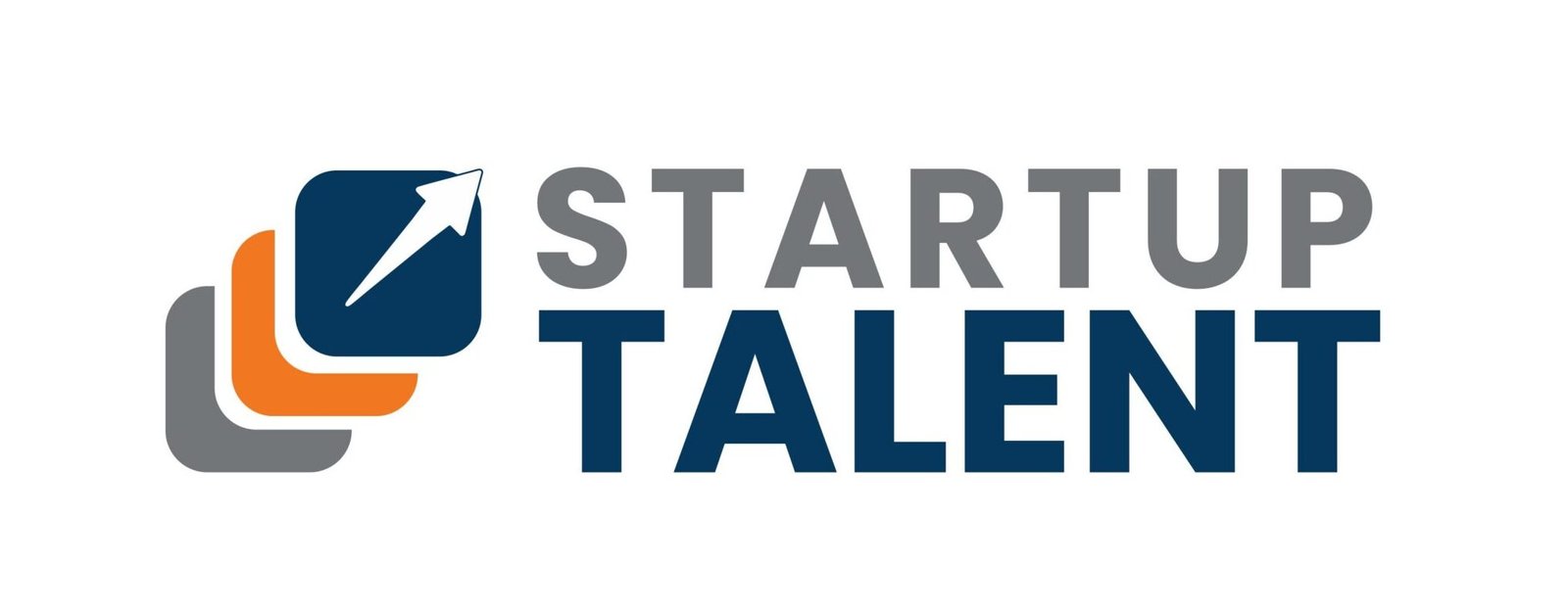When businesses think about acquiring technical skills, it can be easy to first focus on hard skills – coding skills, systems architecture skills, programming languages – while these skills are crucial, organizations are beginning to realize that soft skills – communication, adaptability, problem-solving, collaboration – are equally critical to defining success over the long term.
So, in the ever-changing landscape of Technical Recruitment, what is most important: soft skills or hard skills? Let’s dissect.
Defining Hard Skills in Technical Hiring
Hard skills are the quantifiable technical skills candidates possess. They are often certified by degrees, certifications, coding examinations, and portfolios. Examples include:
Programming languages (Python, Java, C++, JavaScript, etc.)
Database and cloud platform experience
Knowledge of cybersecurity principles
Familiarity with DevOps tools and automating processes
Machine learning and data analysis
Why They Matter:
Hard skills ensure that candidates have the capacity to perform the essential duties of the position. For example, a backend developer must understand server-side programming. A data scientist must understand statistical models and algorithms. These are the basic criteria for any technical role.
Yet while hard skills are important, they are often learnable and quickly become outdated when the next new technology arrives. That’s where soft skills come in.
The Growing Importance of Soft Skills
Soft Skills are the cognitive and interpersonal skills that affect an employee’s interaction with others, the way they solve problems, and change. When it comes to technical hires, soft skills are becoming the key differentiators.
Some soft skills that are key in technical roles are:
Communication: Transition of technical ideas to non-technical stakeholders.
Collaboration: Working efficiently in agile or cross-functional teams.
Problem-Solving: Critical and creative thinking when solving problems.
Adaptability: Picking up new technologies and adapting to changing business needs.
Emotional Intelligence: Managing stress, resolving conflicts, and providing support for team morale.
Why Does This Matter
Technical roles are often more than a simple technicality. For example, great software engineering delivers great code, but if they can’t work with designers or explain the project schedule to a client, it may be doomed to fail. Soft skills bridge the gaps between technical implementation and goals for the organization.
Hard Skills vs. Soft Skills: A Balanced Approach
Instead of pitting them against each other, we should consider hard and soft skills to work together.
Hard skills land a candidate an interview.
Soft skills secure them the job—and expand their opportunities within the company.
For instance:
A cloud-certified DevOps engineer can wow recruiters, but when they can handle cross-team dependencies and communicate well under pressure (soft skill), they become priceless.
A data analyst may be able to crunch numbers all day long, but without storytelling abilities to make insights actionable strategies, their influence is contained.
Why Soft Skills Are Gaining Importance in Tech Recruitment
Automation of Technical Tasks: While AI and automation make coding and testing more intuitive, businesses now look for candidates who are able to think strategically and creatively.
Remote and Hybrid Work: Self-motivation, time management, and virtual teaming are the soft skills necessary for those working in horizontal “distributed” teams.
Complex Project Environments: Projects today have diverse stakeholders. Employees need to have negotiation, conflict resolution, and leadership skills.
Retention and Culture Fit: Better-adapted employees with strong soft skills fit into the company culture and tend to stay longer.
How Recruiters Can Evaluate Both Skill Sets
For Hard Skills:
Technical assessments (coding challenges, whiteboard sessions, online tests)
Reviewing case studies or GitHub portfolios
Certifications and education
For Soft Skills:
Behavioral interviews using situation-based questions
Group exercises or problem-solving sessions
Psychometric assessments to test communication style, leadership, or flexibility
Reference checks targeting interpersonal effectiveness
Building Teams That Balance Hard and Soft Skills
In the end, a top-performing tech team isn’t founded solely on coding skills. It works when technologist and interpersonal skills combine. Recruiters and hiring managers need to move past the question, “Which is more important?” and rather discuss how “Can we create a balance between both?”.
Tactical approaches include:
Creating hiring processes that weigh technical tests and behavioral interviews equally.
Providing ongoing learning opportunities—coding boot camps for technical skills and leadership or communication workshops for soft skills.
Developing mentorship initiatives that allow senior staff to transfer their technical knowledge as well as knowledge of the workplace.
Final Thoughts
In technical hiring, hard skills can kick off the interview, but it is the soft skills that foster sustainable growth and development. The most valuable hires are not simply developers, engineers, and analysts, but rather collaborators, creators, and leaders who support organizations in responding to changing landscapes of the future.
For recruiters, the key is to find the right mix: recruit on technical ability but never compromise on the soft skills that drive performance, collaboration, and creativity.

Anshuman Sinha is the Co-Founder & CEO of Startup Talent, where he helps startups build high-performing teams that scale with speed and intent. A seasoned entrepreneur, angel investor, and ecosystem builder, he brings deep experience across talent strategy, founder advisory, and early-stage growth. Anshuman is also associated with platforms like Startup Steroid and works closely with founders and investors globally, focusing on execution-driven hiring, strong culture, and long-term value creation.






